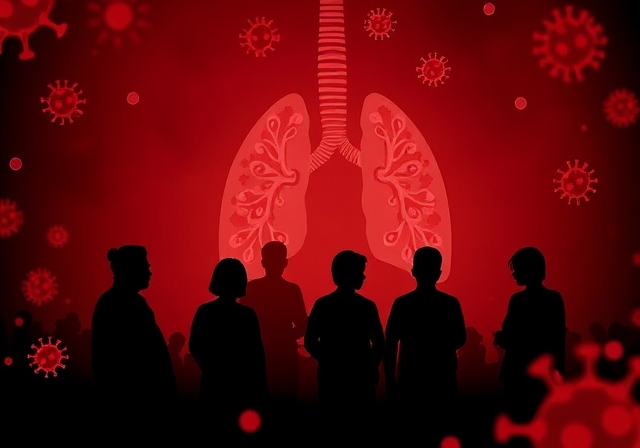High level results from the Phase III THALES trial showed AstraZeneca’s Brilinta (ticagrelor) 90mg used twice daily and taken with aspirin for 30 days, reached a statistically significant and clinically meaningful reduction in the risk of the primary composite endpoint of stroke and death, compared to aspirin alone.
THALES was conducted in over 11,000 patients who had a minor acute ischaemic stroke or high-risk transient ischaemic attack (TIA) in the 24 hours prior to treatment initiation. The preliminary safety findings in the THALES trial were consistent with the known profile of Brilinta, with an increased bleeding rate in the treatment arm.
Mene Pangalos, Executive Vice President, BioPharmaceuticals R&D, said: “Results of the Phase III THALES trial showed Brilinta, in combination with aspirin, improved outcomes in patients who had experienced a minor acute ischaemic stroke or high-risk transient ischaemic attack. We look forward to sharing the detailed results with health authorities.”
Dr. Clay Johnston, lead investigator for the THALES trial and Dean of the Dell Medical School at The University of Texas at Austin, US, said: “The risk of having a subsequent stroke is highest in the first few days and weeks after a minor acute ischaemic stroke or high-risk transient ischaemic attack. While an expected increase in bleeding was observed, the findings from THALES showed that Brilinta, in combination with aspirin, reduced the risk of potentially devastating events in this crucial time.”
The full THALES trial results will be presented at a forthcoming medical meeting.
Brilinta is approved in more than 110 countries for the treatment of acute coronary syndrome (ACS) and in more than 70 countries for the secondary prevention of cardiovascular (CV) events among high-risk patients who have experienced a heart attack.
Stroke
Stroke is the second leading cause of death worldwide, with 6.2 million stroke-related deaths in 2017, from which 2.7 million were due to ischaemic stroke.1 Patients who experience an acute ischaemic stroke or TIA are at high risk of developing subsequent ischaemic events, with particularly high risk within 30 days after the initial event and the highest risk period being the first 24 hours after the initial event.2
THALES
THALES is an AstraZeneca-sponsored, randomised, placebo-controlled, double-blinded, international, multicentre, event-driven trial involving more than 11,000 patients to test the hypothesis whether Brilinta and aspirin is superior to aspirin alone in preventing the composite of stroke and death in patients with minor acute ischaemic stroke or high-risk TIA. Patients were randomised within 24 hours of onset of acute ischaemic stroke or high-risk TIA symptoms and followed-up for 30 days of treatment. Trial treatments were Brilinta 180mg loading dose on day 1 as soon as possible after randomisation, followed by 90mg twice daily on days 2–30, or matching placebo. All patients received open-label aspirin 300–325mg on day 1, followed by 75–100mg once daily on days 2–30. The primary efficacy outcome was the time to the composite endpoint of stroke and death at 30 days. The primary safety outcome is time to first severe bleeding event according to the Global Utilization of Streptokinase and Tissue Plasminogen Activator for Occluded Coronary Arteries (GUSTO) definition. Patients were followed for an additional 30 days on standard of care.
Brilinta
Brilinta is an oral, reversible, direct-acting P2Y12 receptor antagonist that works by inhibiting platelet activation. Brilinta, together with aspirin, has been shown to significantly reduce the risk of major adverse CV events (myocardial infarction, stroke or CV death), in patients with ACS or a history of myocardial infarction (MI).
Brilinta, co-administered with aspirin, is indicated for the prevention of atherothrombotic events in adult patients with ACS, or for patients with a history of MI and a high risk of developing an atherothrombotic event.
AstraZeneca in CVRM
Cardiovascular, Renal and Metabolism (CVRM) together forms one of AstraZeneca’s three therapy areas and is a key growth driver for the Company. By following the science to understand more clearly the underlying links between the heart, kidneys and pancreas, AstraZeneca is investing in a portfolio of medicines to protect organs and improve outcomes by slowing disease progression, reducing risks and tackling comorbidities. The Company’s ambition is to modify or halt the natural course of CVRM diseases and potentially regenerate organs and restore function, by continuing to deliver transformative science that improves treatment practices and cardiovascular health for millions of patients worldwide.

 Brilinta reduced the risk of the composite of stroke and death after an acute ischaemic stroke or transient ischaemic attack
Brilinta reduced the risk of the composite of stroke and death after an acute ischaemic stroke or transient ischaemic attack 










.png)
.png)

.jpg)






.jpeg)

.jpeg)










.jpg)




.jpg)

